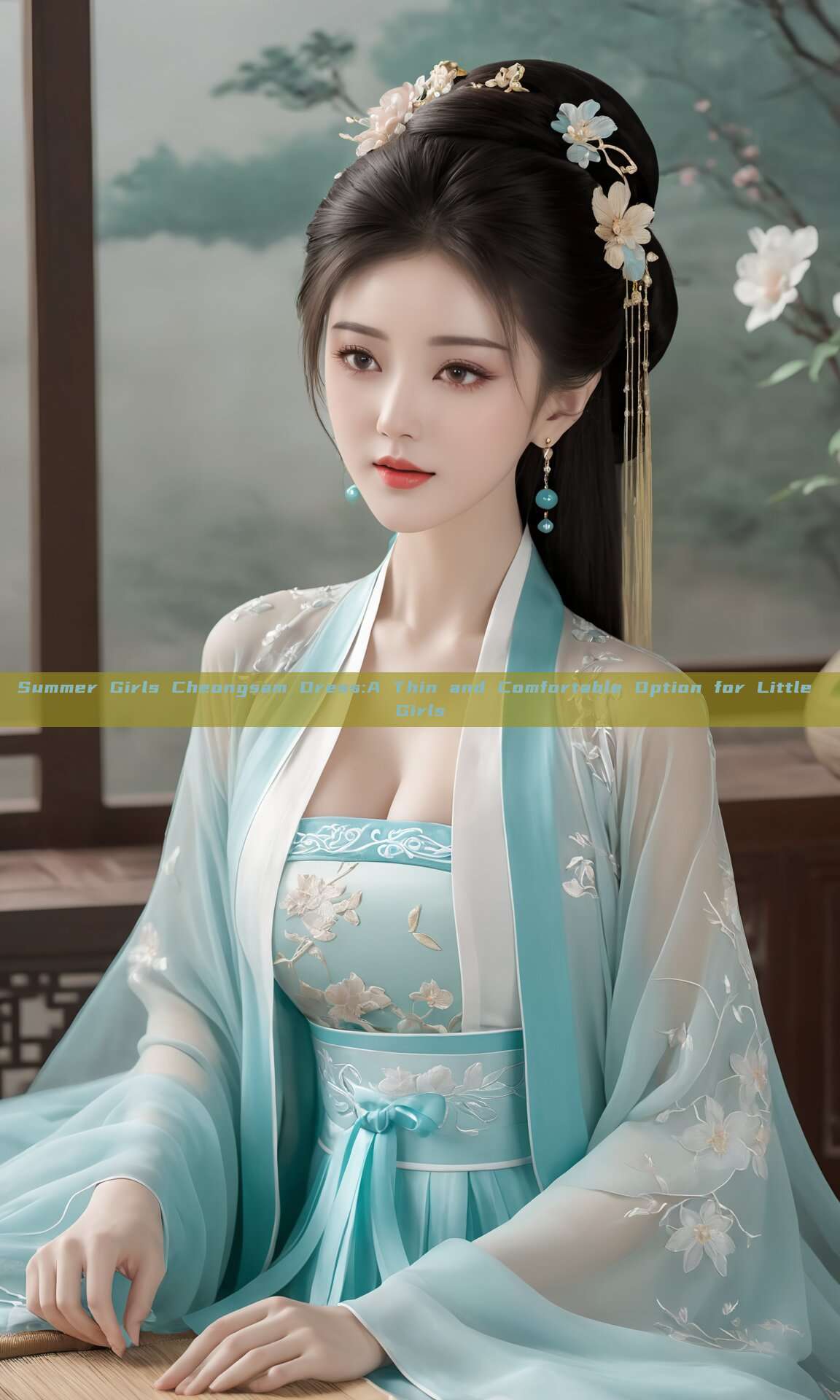In the vast tapestry of Chinese culture, the practice of "Zhua Zhou" (抓周), also known as "Zhou Qian" (抓阄), is a significant rite of passage for newborn babies, particularly for female infants dressed in the traditional Qipao. This ceremony marks a child's entry into the world of choices and预示了他们对未来职业的潜在兴趣,On a designated day, usually when the baby reaches a certain age, family members gather to witness this traditional event, where the baby selects an item from a range of options, each symbolizing a different profession or path in life.

This year, a special event unfolded in the heart of a traditional Chinese family as their little girl, dressed in a vibrant Qipao, participated in the "Zhua Zhou" ritual. The Qipao, a traditional Chinese dress, not only showcases the beauty of the girl but also symbolizes her connection to her ancestors and rich cultural heritage. As the ceremony began, the baby was placed in front of a selection of items, each representing a profession - from books for scholars to tools for artisans.
The room was filled with anticipation as the baby girl, with the gracefulness of her Qipao swaying, reached out to select her item. Her hand closed around an object - a symbol of her future aspirations. The family watched in awe, wondering what path her choice would indicate for her future. The chosen item was interpreted as a sign of her potential profession or interest in a particular field.
The significance of this ceremony goes beyond just choosing a profession. It is an occasion for families to pass down their values and hopes to the next generation. It is a way to instill confidence and moral guidance in the baby, instilling the belief that their choices will lead them to a fulfilling life.
The Qipao itself is not just a piece of clothing; it's a symbol of continuity and heritage. It represents the ancient wisdom and beauty of Chinese culture that has been passed down through generations. By dressing the baby in a Qipao during the "Zhua Zhou" ceremony, families are acknowledging their cultural roots and instilling pride in their child's identity.
The baby girl's journey through this ceremony is not just about choosing a profession; it's about understanding the weight of choices and the responsibility that comes with them. It's about understanding that every choice leads to a different path in life and that each path requires hard work, dedication, and perseverance.
In conclusion, the "Zhua Zhou" ceremony is not just a traditional practice but a powerful rite of passage for baby Girls into adulthood. It's an occasion for families to pass down their values, hopes, and dreams to the next generation while instilling confidence and moral guidance. The Qipao, as a symbol of continuity and heritage, reinforces the connection between the past and the future, reminding us that our cultural identity is not just about where we are now but where we come from. As the baby girl grows up, she will carry within her not just the memories of this ceremony but the wisdom and values passed down through generations of her family, all wrapped up in the beauty of the Qipao.
The "Zhua Zhou" ceremony is an integral part of Chinese culture that should be cherished and passed down for generations to come. As we embrace modernization and globalization, it's important to remember that these traditions are not just old practices but are integral to our identity and cultural heritage. By preserving these traditions, we are preserving our rich cultural history and ensuring that future generations will have the same opportunities and experiences as we do.








